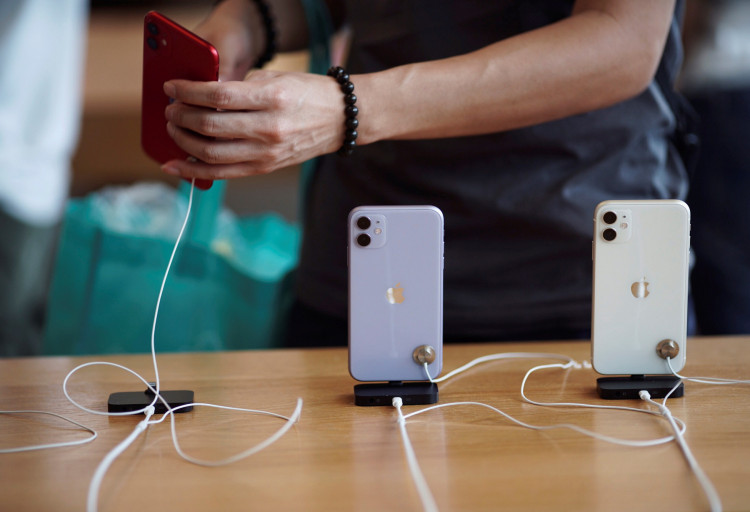Mountains of electronic wastes pile up every year, and the European Parliament is working to reduce a big chunk of that garbage by passing a law to make tech companies adhere to a single charging standard. The preferred mode in the continent is USB-C, which suggests that Apple's proprietary Lightning port could soon become a museum piece.
That could happen when the European Commission starts implementing regulatory measures that will require smartphone sellers to use a charging standard. This week, the European Parliament has commenced debating on the matter and is expected to pass a regulatory law soon mandating the shift to USB-C, considered as the superior technology compared to micro-USB and Lightning.
In the past, the EC has envisioned that device makers would follow the advisory voluntarily, but a reality check convinced European lawmakers that such a soft approach will not be quite effective. Compliance is expected to be higher within a regulatory framework, which could take effect within the year if the proposal wins approval.
According to PC Mag, the EC is looking to eliminate up to 51,000 tons of e-waste from discarded chargers alone every year. One way to do that is to legislate the unnecessary bundling of new chargers with brand new smartphones, which will not only limit the electronic device footprint but also cut the sticker price for a new phone package.
The European Parliament has stated that the legislative approach offers the best way of protecting "the interests of the people and the planet."
"We need to seize that opportunity and come with a sustainable solution as fast as possible. We lost already much time," Petra De Sutter, a member of the parliament, was reported as saying.
Apple has not sent out the official word on the European plan but as noted by MacRumors, the tech giant has previously characterized such as a proposal as both disruptive and bad for innovation. In a statement provided last year, the company maintained that a unified standard of charging will not help the environment at all.
"We want to ensure that any new legislation will not result in the shipment of any unnecessary cables or external adaptors with every device, or render obsolete the devices and accessories used by many millions of Europeans and hundreds of millions of Apple customers worldwide. This would result in an unprecedented volume of electronic waste and greatly inconvenience users. To be forced to disrupt this huge market of customers will have consequences far beyond the stated aims of the Commission," the Cupertino-based company was reported as saying.
Apple insisted that instead of forcing firms to adopt USB-C, they should be allowed to take advantage of the technology through the use of a cable assembly, which the company said: "is better for innovation, better for consumers and better for the environment."






